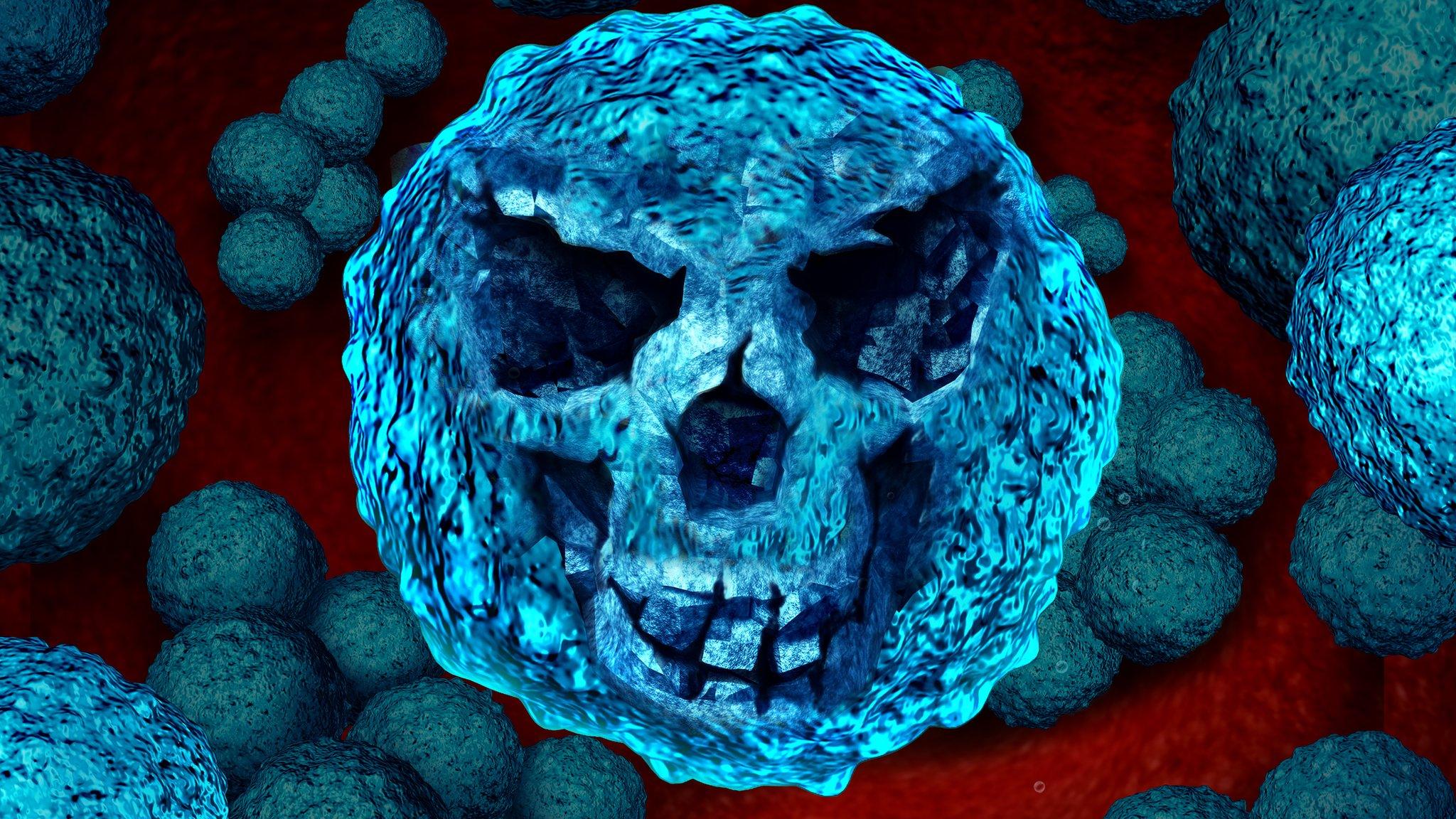Design ideas explored to stop antibiotic resistance
- Published

Architecture, design and virtual reality could all play a role in tackling antibiotic resistance.
Glasgow School of Art (GSA) has been awarded more than £600,000 for three projects to find ways to stop bacteria becoming resistant to treatment.
The Arts and Humanities Research Council (AHRC) has funded the work to address the "growing problem" of Antimicrobial resistance (AMR).
GSA researchers will work with various partners including medical experts.
Prof Tom Inns, GSA director, said: "The application of design is helping to devise innovative solutions to many issues facing contemporary society.
"One of the most important challenges is increasing antimicrobial resistance where our experts in environmental research and design in age, health and care have already undertaken ground-breaking projects working with a wide range of interdisciplinary partners."
Visualise the spread
The first project will investigate ventilation in modern homes and the effect of this on anti-microbial resistance.
It will be led by the GSA's Mackintosh Environmental Architecture Research Unit (MEARU) in partnership with microbiologists at the University of Leeds.
The second project, RIPEN, will use various approaches including design and visualisation to explore the role of nurses in causing and preventing the spread of bacteria.
Partners include King's College London, Glasgow Caledonian University, University of the Arts London and Imperial College London.
The final project will involve using an online simulator to help visualise the spread of bacteria in small animal veterinary practices.
The GSA will work with University of Surrey, together with Fitzpatrick Referrals Ltd.
- Published4 November 2016
